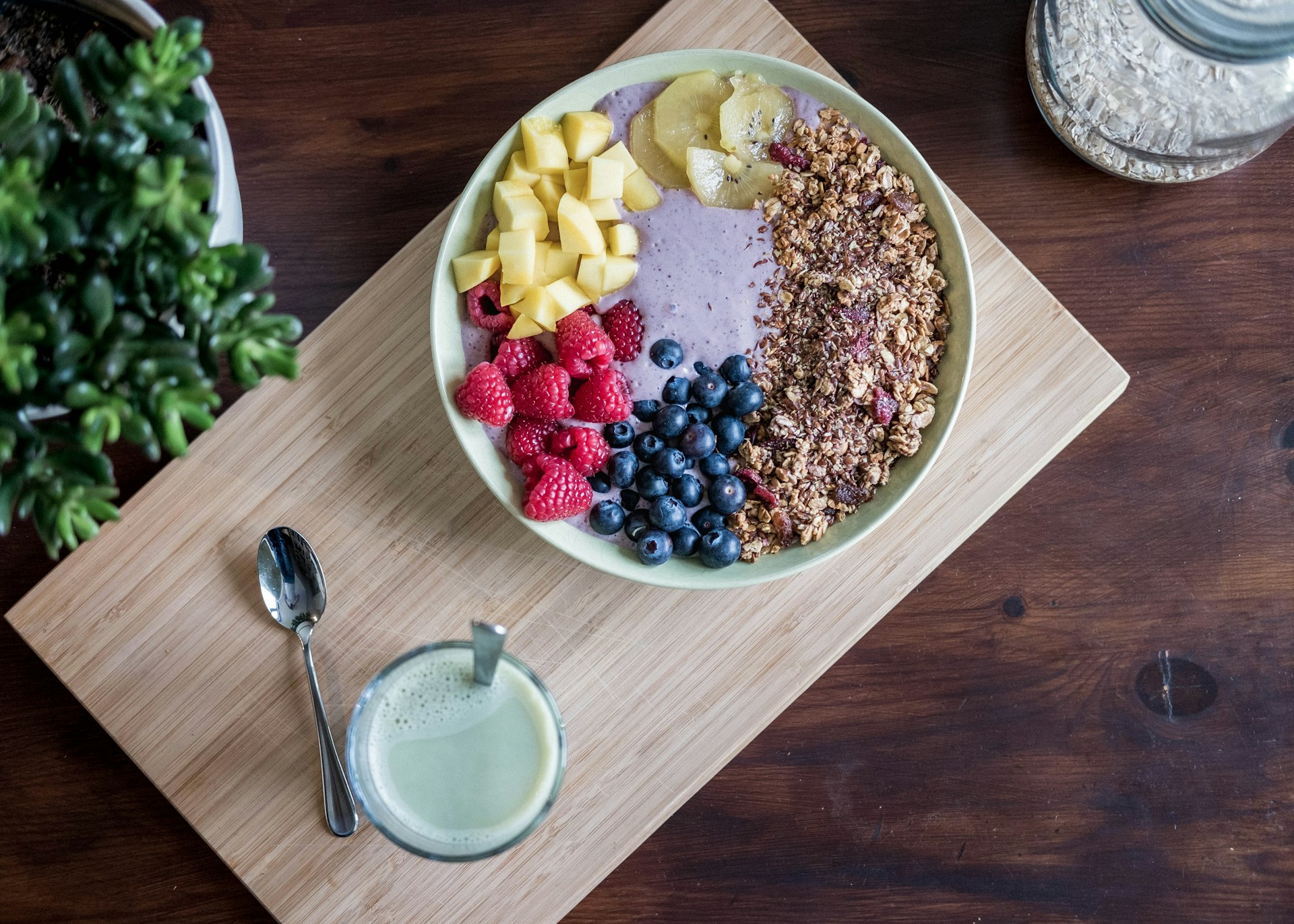How to Develop Healthy Eating Habits
Developing healthy eating habits is crucial for maintaining overall well-being and preventing chronic diseases. With so much information available, it can be challenging to know where to start. However, by making small, consistent changes, you can create a balanced and sustainable diet that promotes good health. Here are some practical tips to help you develop healthy eating habits.
Start with a Balanced Diet
A balanced diet includes a variety of foods from all the major food groups: fruits, vegetables, grains, proteins, and dairy. Each group provides essential nutrients that your body needs to function optimally. Aim to fill half your plate with fruits and vegetables, a quarter with lean proteins like chicken, fish, or legumes, and the remaining quarter with whole grains such as brown rice or whole wheat pasta. Including a source of dairy or dairy alternatives can also help meet your calcium and vitamin D needs.
Portion Control
Portion control is key to preventing overeating and managing weight. It’s easy to consume more than necessary, especially when dining out or eating packaged foods. Use smaller plates and bowls to help control portion sizes. Pay attention to serving sizes on food labels, and avoid eating straight from the package. Practice mindful eating by eating slowly, savoring each bite, and stopping when you feel full.
Plan Your Meals
Planning your meals in advance can help you make healthier choices and avoid last-minute unhealthy options. Set aside time each week to plan your meals and snacks. Make a grocery list based on your meal plan and stick to it while shopping. Preparing meals at home gives you control over the ingredients and portion sizes, making it easier to eat healthily. Batch cooking and meal prepping can also save time and ensure you have nutritious options readily available.
Limit Processed Foods and Sugars
Processed foods and sugary snacks are often high in calories, unhealthy fats, and added sugars, which can contribute to weight gain and other health issues. Limit your intake of processed foods such as chips, cookies, and sugary beverages. Instead, choose whole, unprocessed foods like fresh fruits, vegetables, nuts, and whole grains. Opt for water, herbal teas, or other low-calorie beverages over sugary drinks.
Stay Hydrated
Proper hydration is essential for overall health. Water is involved in numerous bodily functions, including digestion, temperature regulation, and nutrient transportation. Aim to drink at least eight glasses of water a day, more if you are active or live in a hot climate. Carry a reusable water bottle with you to make it easier to stay hydrated throughout the day.
Listen to Your Body
Pay attention to your body’s hunger and fullness cues. Eat when you’re hungry and stop when you’re satisfied, not when you’re overly full. This mindful approach to eating helps you avoid emotional or mindless eating. It’s also important to recognize and address emotional triggers for unhealthy eating habits, such as stress or boredom, by finding healthier coping mechanisms.
Seek Professional Guidance
If you’re unsure where to start or have specific dietary needs, consider consulting with a registered dietitian or nutritionist. They can provide personalized guidance and help you create a sustainable eating plan that meets your health goals.
By incorporating these tips into your daily routine, you can develop healthy eating habits that support long-term well-being. Remember, the key to success is consistency and making gradual changes that fit your lifestyle.
Thank you for reading this post, don't forget to subscribe to our newsletter!



